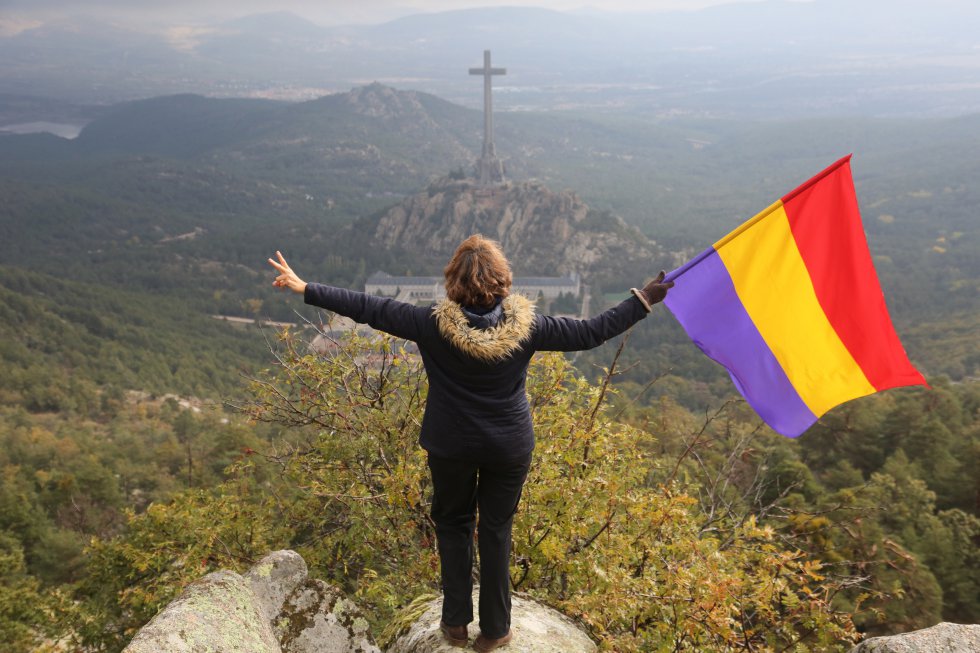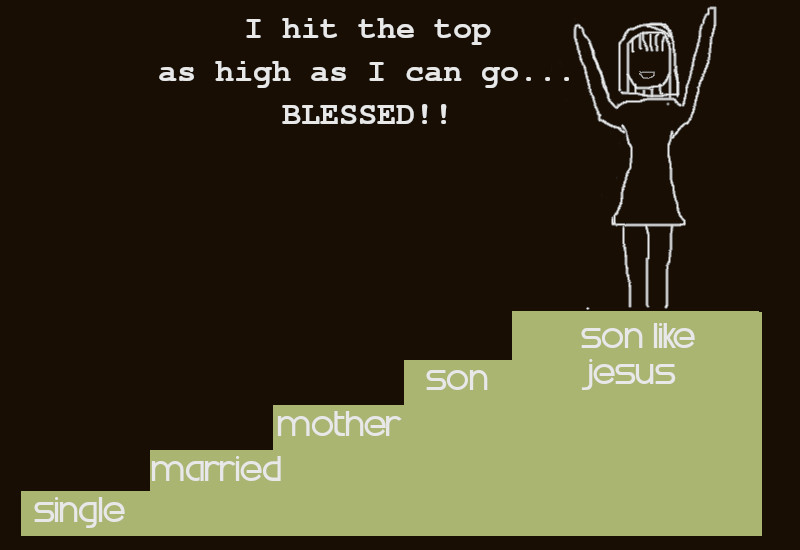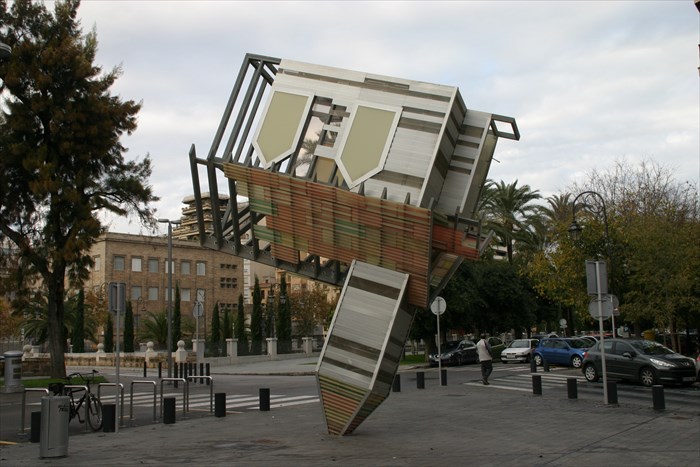There is a patriarchal bias in Scripture and there is always a challenge as we read any portion of Scripture to grasp how we should respond. We can capture the Bible to our bias and use it to confirm our position, status and bias, or we can also seek to read it ‘against’ us as well as for us. That of course is very difficult to do with real integrity. The ultimate lens through which we have too view the various texts if Jesus, who is both the word of God and the revelation of the invisible God.
However much of a patriarchal bias appears at times in the Scriptures the first creation narrative does not seem to carry that bias.
So God created humanity in his own image, in the image of God he created them; male and female he created them. God blessed them and said to them, ‘Be fruitful and increase in number; fill the earth and subdue it. Rule over the fish in the sea and the birds in the sky and over every living creature that moves on the ground.’ (Gen. 1: 27, 28).
There is a temple theology undergirding the creation story. The whole of creation is a temple with the fitting final element placed at the heart of this ‘good’ temple – the image of the deity. Now we have a ‘very good’ situation. There is no carved image for this cosmic temple, but an image ‘made’ by God. That image cannot be expressed by a gender, but by humanity as a whole, or perhaps we could say humanity as intended.
We might wish to say that the image of God is equally revealed in the female as in the male but I suspect that is travelling in a too-Western and individualistic direction. I don’t think the gender distinction is really what is in mind here. Humanity is created and the language is probably a type of speech known as a ‘merism’. We use such phrases when we say ‘I searched high and low for…’ We do not mean we only looked in high places and only looked under other objects. We searched high, low and everything in between. Genesis begins with a merism by stating that God created the heavens and the earth – the whole of creation. Here then I also consider we have this type of speech: the focus is not on male or female as distinct but on humanity as a collective whole.
Humanity relating together is where the image of God is to be seen, and where those relationships are dysfunctional that image is tarnished and at the extreme simply is obliterated. Hence how we see others is so key.
Paul in his ‘freedom in Christ mantra’ refers to this Genesis text. He says
There is neither Jew nor Gentile, neither slave nor free, nor is there male and female, for you are all one in Christ Jesus (Gal. 3: 28, emphasis added).
The language is both a direct quote from Genesis and also incredibly strong. He writes twice ‘neither… nor’ but when he comes to this gender element he changes the language to ‘nor… and’. The gender difference has no weight at all in Christ, being human is the point. With Jew and Gentile there is a difference regarding election – not to salvation but to purpose. Slave and free is as a result of economic and social inequalities. Humanity, regardless of gender is something we all have in common – hence all war is ultimately civil war. This shared humanity is something so close to all of us where we can respond.
In the three distinctions I suggest we could think creatively about the election being with a purpose of holding space for a just society. Israel was to be an elect people for the world, both as a sign to the world, not being as one of the nations, and as a gift for the world. Slave and free, where position and status determine identity cannot be present in a true expression of the kingdom of God. All of this is founded on the creation reality that there is NOT male and female in the sense of identity, role and status. One humanity in Christ as image of God.
Definitions are difficult, and stereotypical generalisations are often not helpful but restrictive. Maybe there are feminine characteristics that are more intrinsic to females, and masculine ones that are more intrinsic to males. Maybe. However, it is whenever truly human characteristics are manifested that the image of God becomes visible, and the outworking into creation can take place.
For sure that can never take place in the context of a patriarchy that limits ‘male and female’; it cannot take place where ‘male and female’ are demarcated so that the image of the divine cannot be seen. There is something so fundamental at stake.
Maybe we need to draw up what are feminine and what are masculine characteristics. Probably very helpful so that we can gain clear sight. However, theologically it is essential to discover what is truly human and what is not.
We know that when God is present something happens to our relationships, and if it does not we have to question what ‘god’ was present. The radical nature of the Genesis verses are that when humanity relates rightly God is present! The image of God is there, God is seen, his goodness is distributed. Moses looked to the desert and saw the glory of God. He looked to the dry dust. Dust animated by the breath of God is where glory is seen.
Leonardo da Vinci has a quote attributed to him:
An arch consists of two weaknesses which, leaning one against the other, make a strength.
Now that is a challenge. Lean in not with our strength but with our weakness. In Spain vs. Cataluña there is no leaning in but coming in opposition to each other, even to the extent that the phone is not being picked up until the other party backs down. The result is a lock up. The result is division, fighting and violence. What is clearly visible there on a macro scale so often though comes through at a micro-, at a personal interrelationship level.
Leaning in… leaning in in weakness. Leaning in in such a way that there is no male and female. That is a different version of ‘ruling’!









